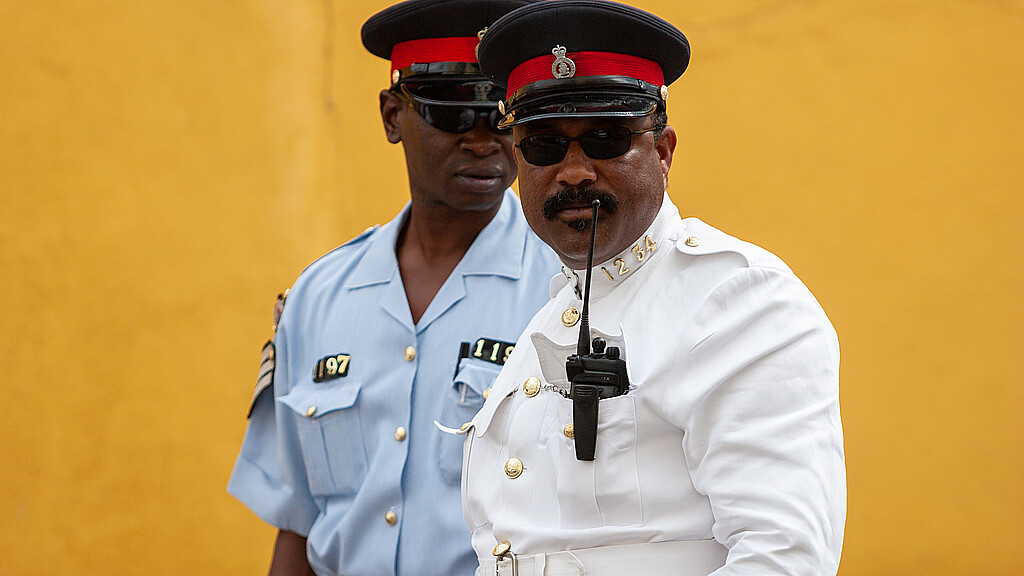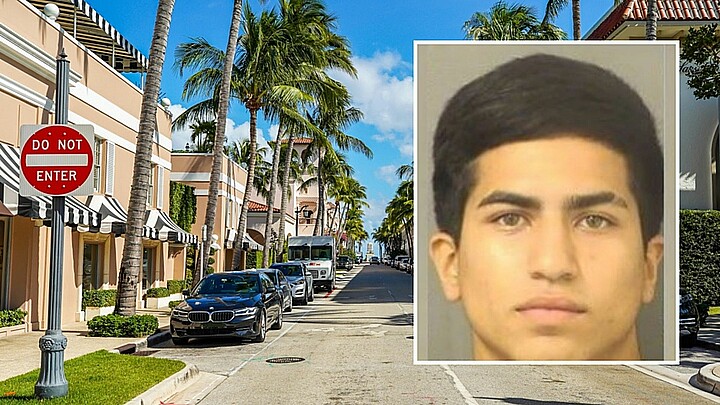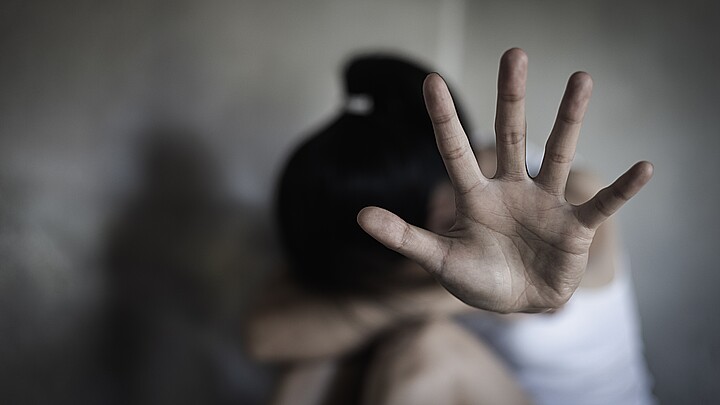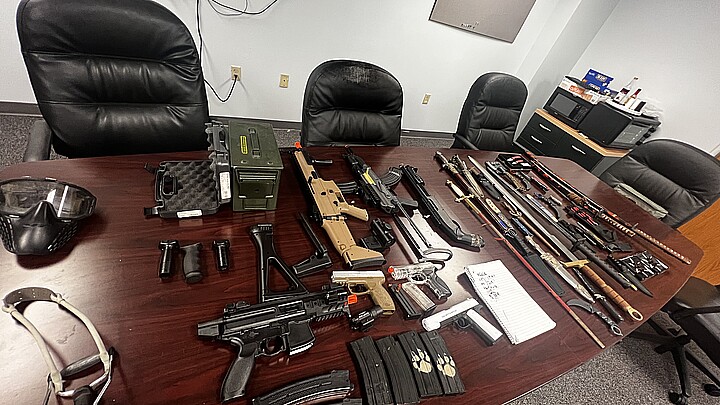Crime
State Dept. warns Americans about travel to Bahamas after 18 murders since new year
A wave of gang violence has sent a shockwave of fear throughout the Bahamas, prompting U.S. government authorities to warn Americans about taking winter travel to the small exotic islands

January 27, 2024 10:13am
Updated: January 27, 2024 10:13am
A wave of gang violence has sent a shockwave of fear throughout the Bahamas, prompting U.S. government authorities to warn Americans about taking winter travel to the small exotic islands, located off the coast of South Florida.
The U.S. State Department published a travel advisory and security warning on Jan. 24, admonishing Americans that the tropical island country is unsafe for tourists, putting the islands on “exercise increased caution” warning.
The embassy advised that there are risks of violence in both tourist and non-tourist areas of the popular vacation resort destination.
“The U.S. Embassy in Nassau advises U.S. citizens to be aware that 18 murders have occurred in Nassau since the beginning of 2024,” the advisory says. “Murders have occurred at all hours including in broad daylight on the streets. Retaliatory gang violence has been the primary motive in 2024 murders.”
The advisory also says that the violence has become so unpredictable and vicious that it was too dangerous to “physically resist and robbery attempt.”
As a result of the murders, the embassy warned that “murders have occurred at all hours including in broad daylight on the streets,” and advised Americans to “keep a low profile” and “review your personal security plans” before walking in public.
Embassy officials also suggested using “extreme caution” on the eastern side of the Bahamas’ capital city of Nassau and advised Americans to “use caution when walking or driving at night.”
Bahamian Prime Minister Philip Brave Davis also warned islanders last week, explaining why the government was escalating law enforcement presence throughout the country, including undercover police officers and roadblocks with security checkpoints, according to a Jan. 25 report published by the Nassau Guardian.
“We are all likely to be affected by the more intrusive policing which is coming,” he said during a national address. “We will not violate anyone’s civil liberties, but you are likely to be impacted by more roadblocks and unannounced police action.
“This may make you late for your appointments, or delay plans you have, but this is a small price to pay for the collective benefit of having our streets made safer, and our lives less blighted by murder and other violent crimes,” he explained.
The Bahamas are not the only tropical destination U.S. authorities are warning about.
State Department officials also issued a level three of four advisory for Americans to “reconsider travel” to the Caribbean island of Jamaica. Level 4 would be a “do not travel” warning.
“Violent crimes, such as home invasions, armed robberies, sexual assaults, and homicides, are common,” the State Department admonished. “Sexual assaults occur frequently, including at all-inclusive resorts.”
To curb violence, Prime Minister Davis said the island was amending the Bail Act, which would allow them to revoke bail and release for violent criminals.
“Our amendment will ensure that bail is automatically revoked for those accused persons who commit offense while on bail,” he promised.
“This includes those found to be in violation of the terms of their bail, which is an offense under the amendment. This measure sends a clear message: our legal system will no longer tolerate those who flout its rules and endanger our communities.
“Overall, our comprehensive plan is at the heart of a bold determination by my government to combat the scourge of crime, which has long plagued our society.”











